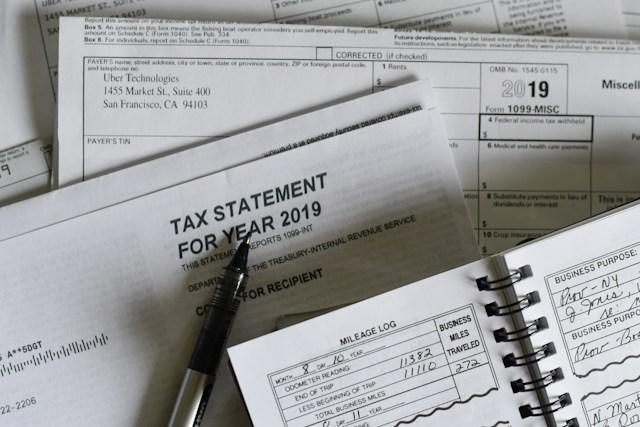Maximizing Bonuses 5 Strategies to Minimize Taxes on Your Extra Pay
Maximizing Bonuses: 5 Ways to Reduce Taxes on Your Additional Income
People are continuously looking for methods to maximize their earnings and reduce the impact of taxes on their hard-earned money in the dynamic world of personal finance. Regarding bonuses, which constitute a substantial portion of numerous compensation packages, \strong>strategic planning can significantly impact your ability to maximize your take-home income. We’ll go over five practical methods in this extensive tutorial to help you reduce the amount of taxes you pay on your additional income.
1. Deferring Income Strategically
The effective method of reducing your tax obligation on bonuses is by strategic income deferral. Consider working with your company to divide your bonus across several pay periods or roll it over to the next fiscal year rather than accepting it all at once. By doing this, you may be able to maintain your current tax bracket by lowering your taxable income for the year.
2. Making the Most of Retirement Accounts
It’s wise to maximize retirement account contributions to protect your bonuses from immediate tax effects while also securing your financial future. Making the maximum permitted contributions to your 401(k) or IRA increases your nest egg and reduces your taxable income, which is a win-win situation for your financial stability.
3. Making Use of Tax-Efficient Investments
To reduce taxes on your excess earnings, diversifying your investment portfolio with tax-efficient solutions can really make a difference. Think about including investments that often have favorable tax treatment, such as index funds or municipal bonds. You can minimize taxes and maximize returns by making these decisions.
4. Making Use of Tax Deductions and Credits
Examine the tax credits and deductions that apply to you and your circumstances. This might apply to charitable contribution deductions, homeownership deductions, or even credits for schooling. You can successfully cut your taxable income and, as a result, your bonus tax payment by seizing these chances.
5. Speaking with a Tax Expert
It can be difficult to navigate the complexities of tax preparation, and making a mistake could have unforeseen repercussions. Consulting with an experienced tax professional might yield individualized advice catered to your particular situation. Their knowledge can reveal more tactics unique to your financial situation, enabling you to make the best choices possible to reduce the amount of taxes you pay on your overtime.
In summary
In summary, maximizing your financial results from bonuses requires a combination of tool utilization and strategic planning. Each tactic is essential for reducing the tax effect on your excess income, from income deferral to optimizing retirement account contributions. Through proactive implementation of these strategies and professional help when necessary, you may effectively navigate the intricate taxes landscape and ensure a more profitable financial future.







